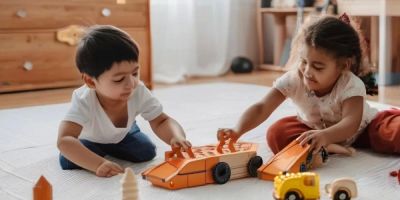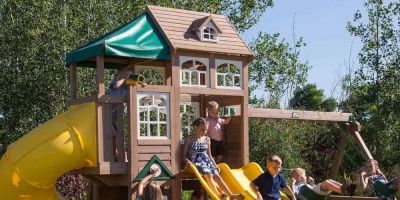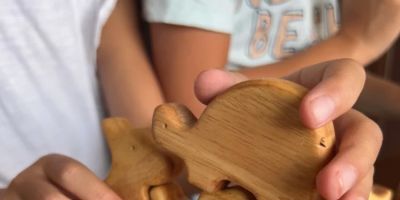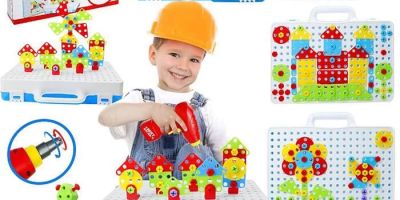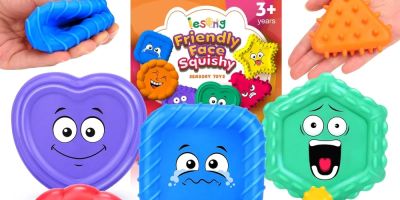
- Understanding a Child’s Interests and Personality
- Age and Developmental Considerations in Gift Selection
- Balancing Educational Value and Fun
- Practical Tips to Navigate Gift Shopping
- Real-Life Examples and Trusted Sources
1. Understanding a Child’s Interests and Personality
When seeking the perfect gift for a child, the starting point should always be a deep understanding of the child's unique interests and personality traits. Children, like adults, have diverse preferences shaped by their hobbies, favorite characters, and the way they engage with the world around them. For example, a child fascinated by dinosaurs will find immense joy in a detailed dinosaur model or an interactive book about prehistoric life. Meanwhile, a child with a creative streak might treasure art supplies or building blocks that encourage imagination.
This approach goes beyond just picking something popular or trendy. It requires taking the time to observe or ask about what truly excites the child. Parents or caregivers can provide invaluable insight here. By aligning the gift with the child’s personality, the present becomes not just a thing but an experience that resonates deeply and encourages further exploration of their interests.
Why personal interests matter
Gifts that reflect a child's passions are more likely to be cherished and used. They support emotional development and confidence, as the child feels understood and valued. It also reduces the risk of the gift being discarded or forgotten. This personalized approach to choosing gifts is an essential tip in how to find the perfect gift for a child.
2. Age and Developmental Considerations in Gift Selection
Another crucial factor in selecting the perfect gift is understanding the child’s age and developmental stage. What fascinates a toddler is vastly different from what captivates a preteen. Toys and gifts should be age-appropriate to ensure safety and engagement.
For infants and toddlers, gifts that stimulate the senses — such as colorful rattles, soft books, or tactile toys — are ideal. Preschoolers might enjoy role-playing costumes, puzzles, or beginner science kits that spark curiosity. Older children and preteens often appreciate more complex toys like robotics kits, strategy games, or sports equipment.
The developmental impact of gifts
Choosing gifts that align with developmental milestones supports cognitive, motor, and social skills. For example, puzzles help develop problem-solving and fine motor skills, while team games encourage social interaction and cooperation. This consideration is a key element in how to find the perfect gift for a child and ensures the gift is both enjoyable and beneficial.
3. Balancing Educational Value and Fun
One of the most rewarding gifts blends learning with enjoyment. Parents and gift-givers often seek toys that are not just entertaining but also stimulate a child’s intellectual growth. Educational toys, from building sets to interactive storybooks, provide that balance by making learning playful.
For instance, a child interested in space might appreciate a glow-in-the-dark solar system model that teaches about planets in a captivating way. This dual-purpose gift enhances knowledge while providing hours of play. However, it is important not to sacrifice fun; the best gifts strike a harmonious balance so the child is eager to engage repeatedly.
How to assess educational value
Consider the skills the toy fosters — creativity, critical thinking, motor skills, or language development. Also, check reviews or expert recommendations to ensure the educational claims hold merit. Knight Toys, for example, specializes in offering toys that meet these criteria, providing trustworthy choices for families.
4. Practical Tips to Navigate Gift Shopping
Shopping for the perfect gift can be overwhelming, given the vast options available. Here are some practical tips to simplify the process:
Know the child’s current favorites
Ask parents or guardians about toys the child already loves to avoid duplicates and gain insight into what type of gifts will excite them.
Quality over quantity
Focus on one or two meaningful gifts rather than multiple less engaging items. Quality gifts often provide longer-lasting enjoyment.
Check for safety and durability
Especially for younger children, ensure the gift meets safety standards and is built to withstand rough play.
Consider gift experiences
Sometimes experiences like tickets to a zoo, art classes, or a day out can create lasting memories beyond physical toys.
For those who prefer ready-made recommendations, Knight Toys offers expertly curated selections that match diverse interests and developmental needs, making gift shopping more confident and hassle-free.
5. Real-Life Examples and Trusted Sources
Real stories often highlight what works best in practice. For example, a family shared how their 7-year-old daughter’s interest in astronomy was sparked by a simple but thoughtfully chosen telescope from Knight Toys. This gift transformed her weekend routines into exciting learning adventures and sparked a newfound passion for science.
Another case involved a shy 4-year-old boy who blossomed socially after receiving a cooperative board game that encouraged turn-taking and teamwork. This gift not only entertained but helped develop critical social skills, illustrating the power of choosing gifts aligned with both personality and developmental needs.
Trusted sources like Knight Toys emphasize detailed product knowledge and customer feedback, ensuring that each gift recommendation is backed by real-world results. This builds confidence in gift-givers, knowing their choices will truly delight and support the child.

